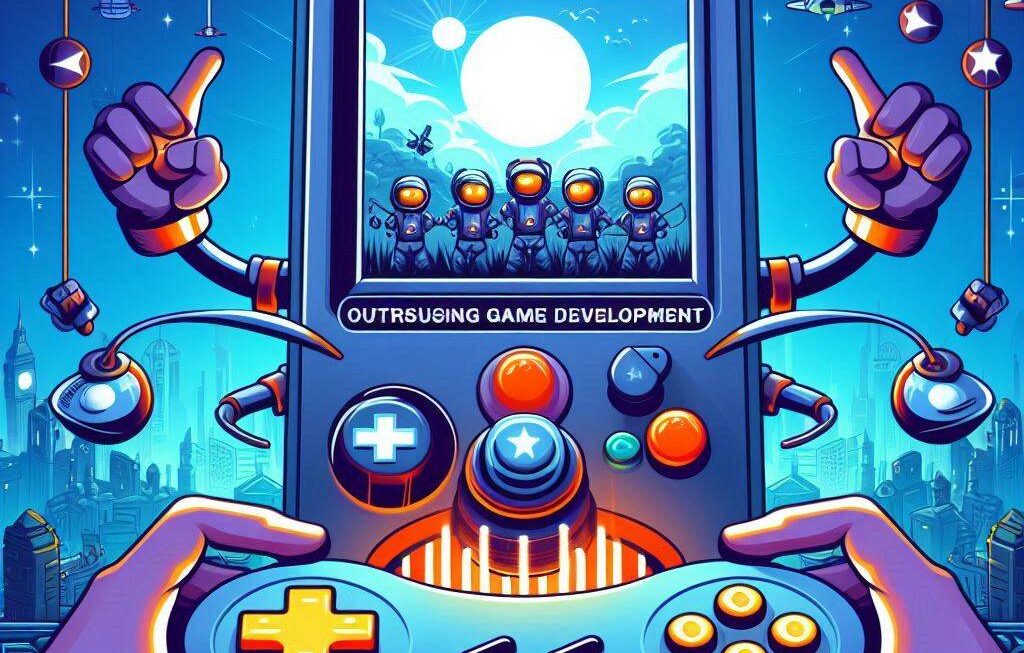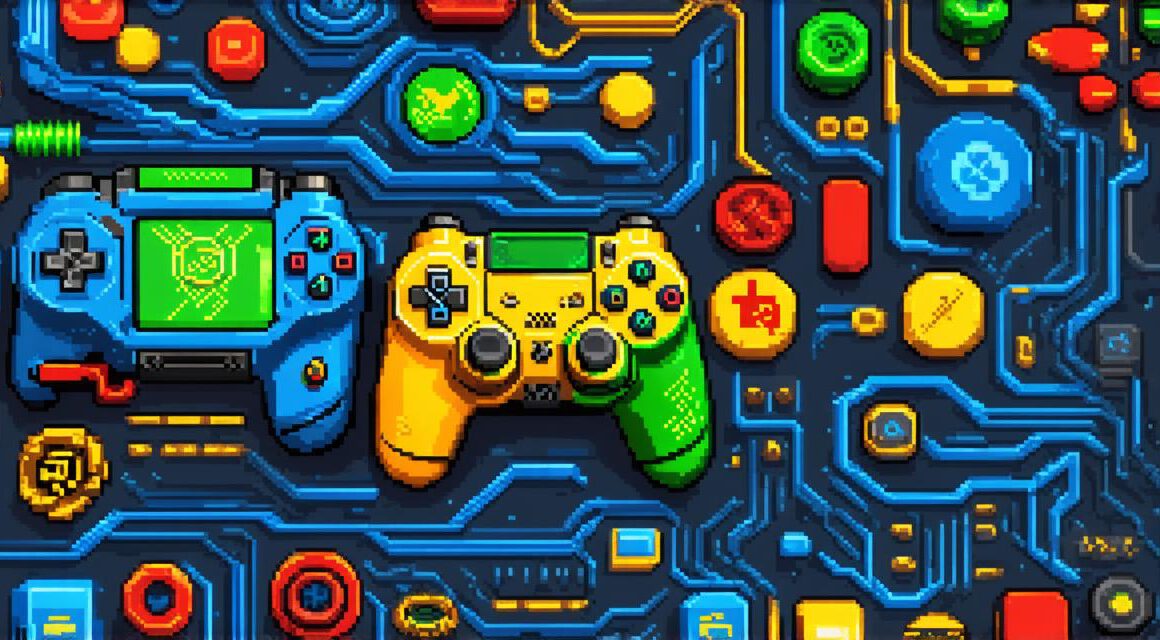In the dynamic world of game development, creativity and innovation reign supreme. From indie studios to AAA powerhouses, every project embarks on a unique journey that requires meticulous planning and execution.
1. Conceptualization
The genesis of any game is an idea, a spark that ignites the imagination. This initial phase involves brainstorming, research, and refining the core concept. For instance, Minecraft, born from Markus Persson’s desire to create a game inspired by Infiniminer, evolved into a global phenomenon.
2. Pre-production
Once the idea is solidified, pre-production begins. This phase involves creating a game design document (GDD), outlining the game mechanics, storyline, art style, and other crucial aspects. The GDD serves as a blueprint for the entire project.
3. Prototyping
With the GDD in hand, developers create a prototype – a simplified version of the game to test its core mechanics. This stage allows developers to identify potential issues early and make necessary adjustments before investing significant resources.
4. Production
Armed with a functional prototype, developers move into production. This phase involves creating the game’s assets, coding, and integrating these elements into the game world. It’s during this stage that the game truly takes shape.
5. Testing
Quality assurance (QA) is paramount in game development. Testers play the game extensively to identify bugs, balance gameplay, and ensure a seamless user experience. Iterative testing and refinement are essential to delivering a polished product.
6. Launch and Post-launch Support
After rigorous testing, the game is ready for launch. However, the journey doesn’t end here. Developers must provide post-launch support, addressing bugs, releasing updates, and engaging with the player community to ensure a long and successful lifespan.
Embracing the Journey
Game development is an exhilarating adventure, filled with challenges and triumphs. By following these essential steps, developers can transform their ideas into captivating experiences that resonate with players worldwide. So, are you ready to embark on your own game development journey? The world of gaming awaits!
FAQs
1. What tools are commonly used in game development?
Unity and Unreal Engine are popular choices for game development due to their versatility and wide community support.
2. How long does it take to develop a game?
The time taken to develop a game can vary greatly, ranging from months to years, depending on the complexity of the project.

3. Can I learn game development on my own?
Yes! With numerous online resources and tutorials available, self-learning is an accessible pathway into game development.



